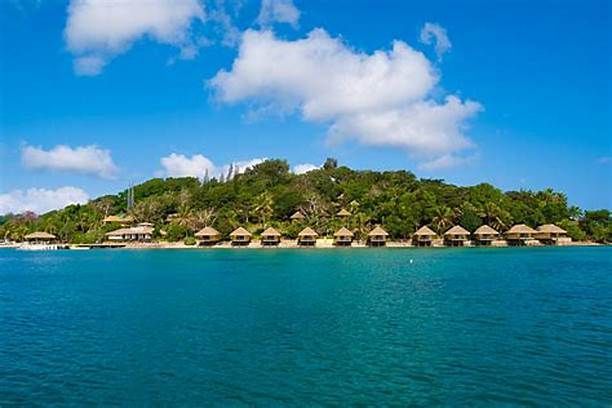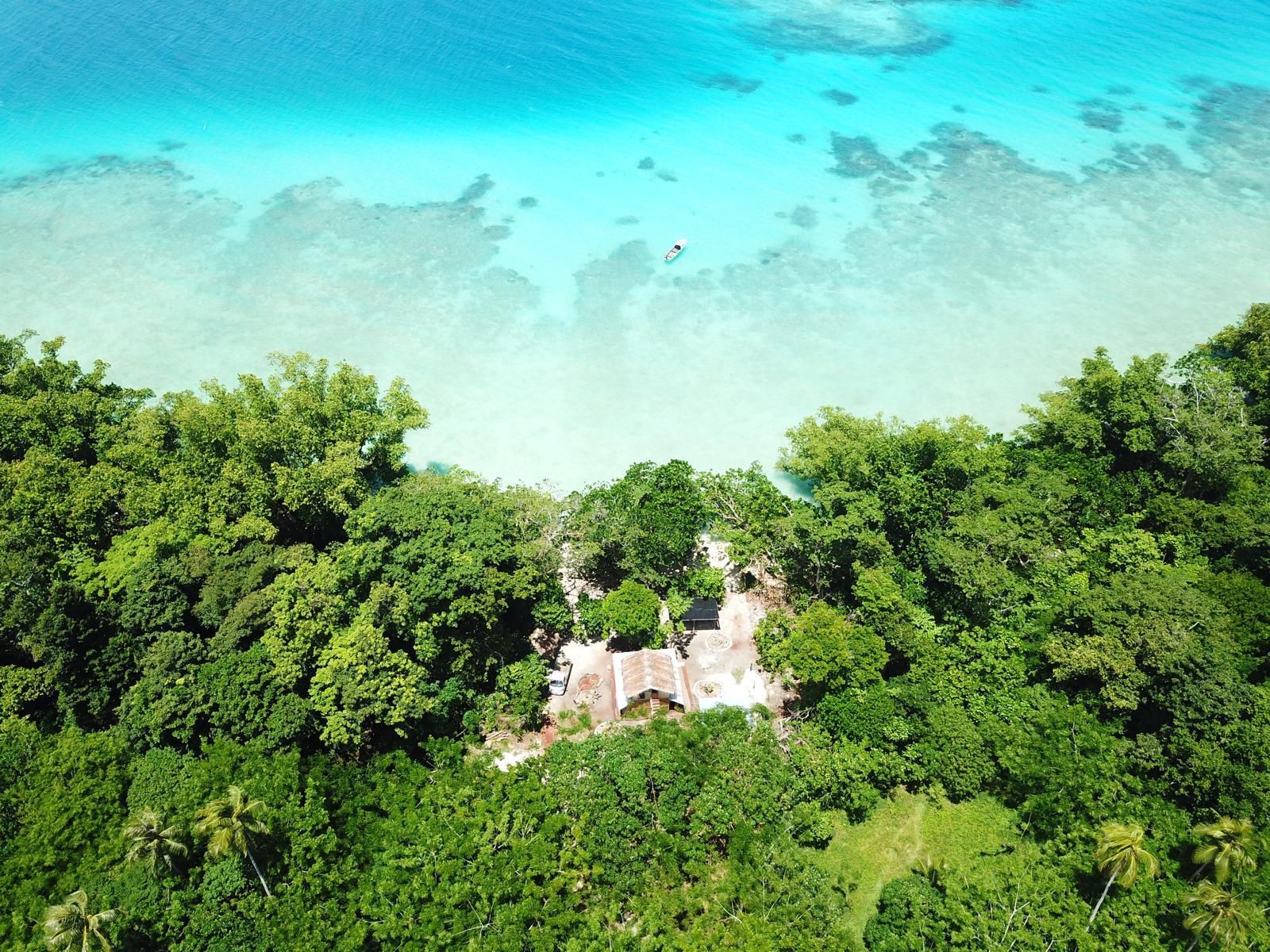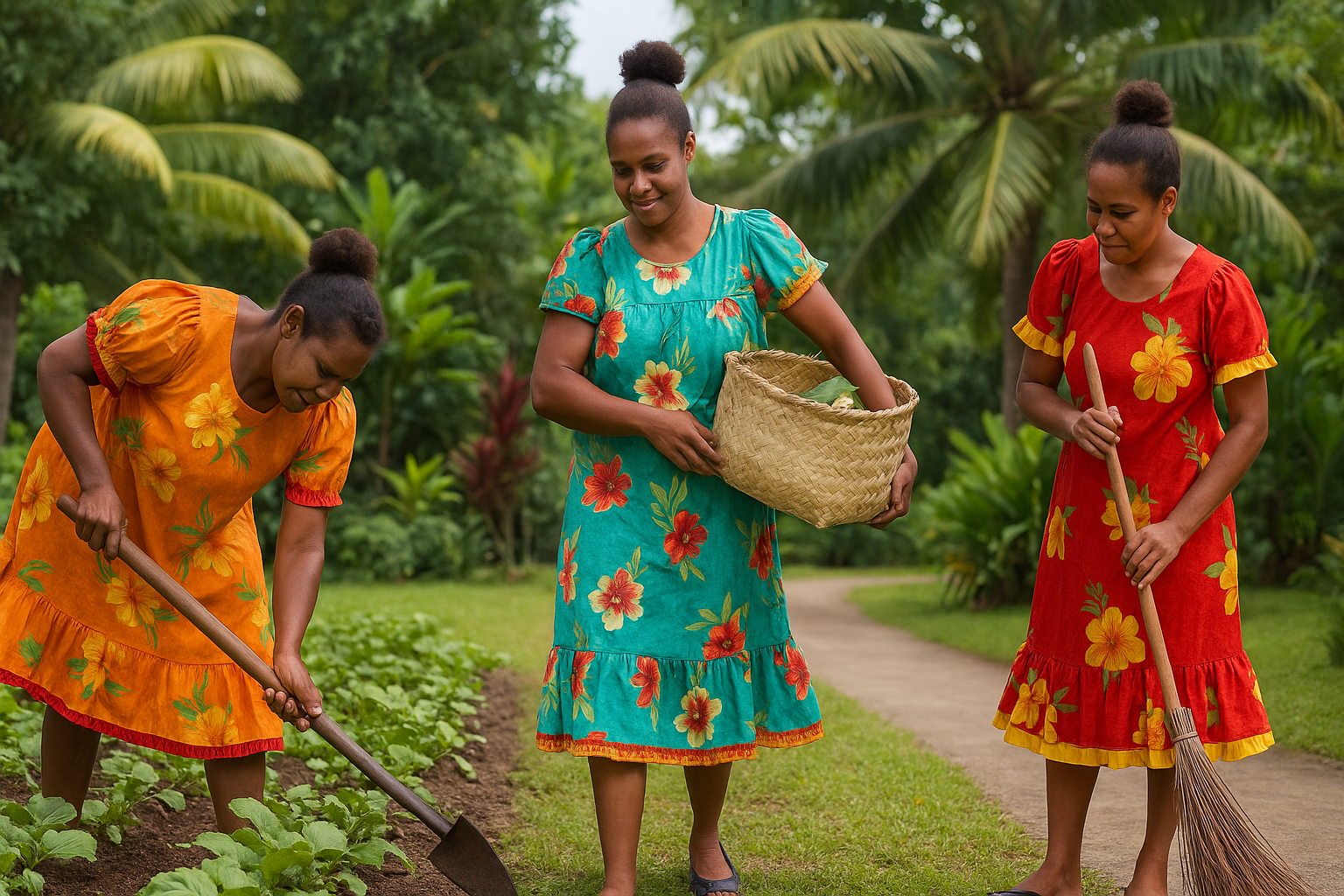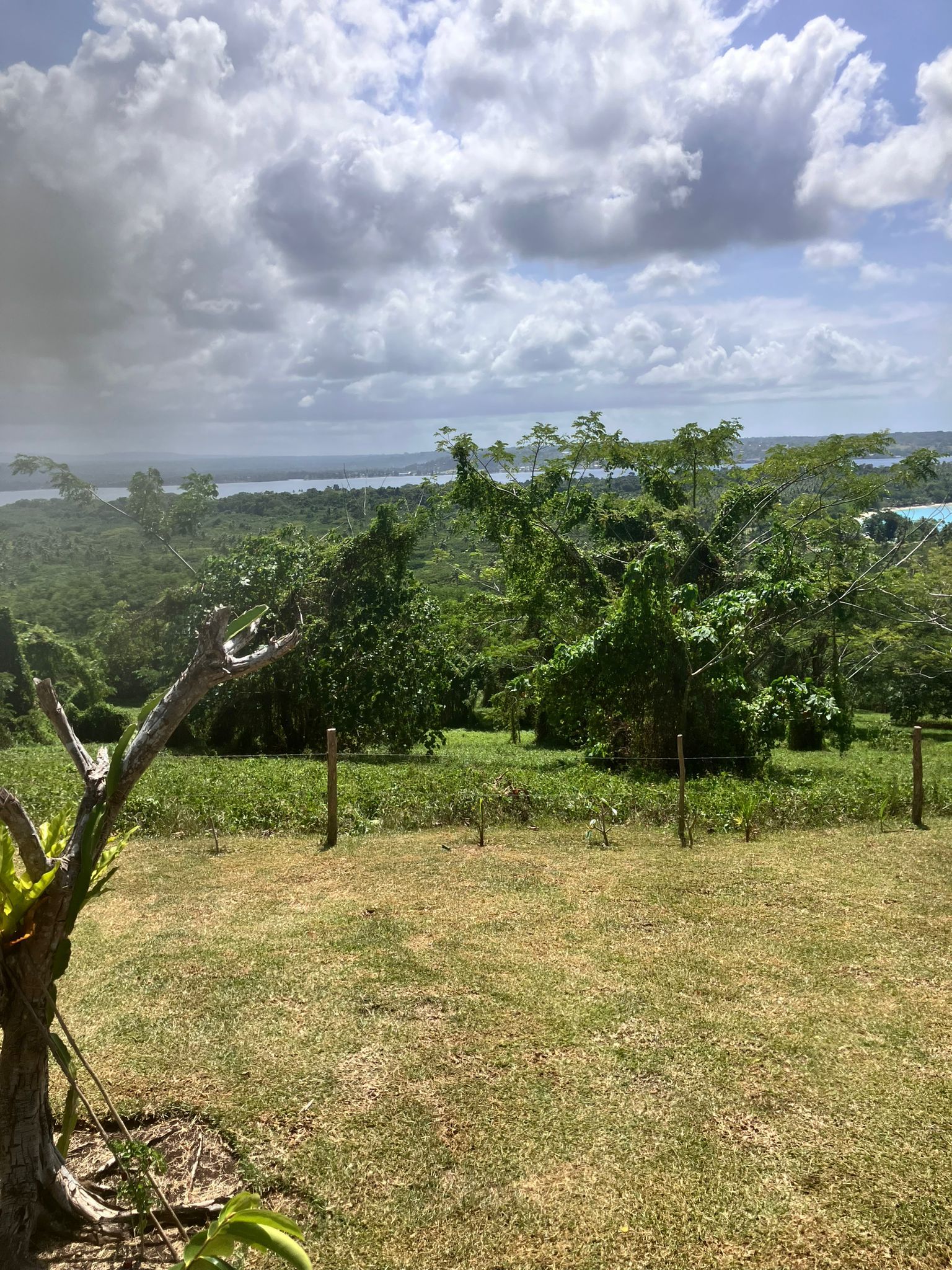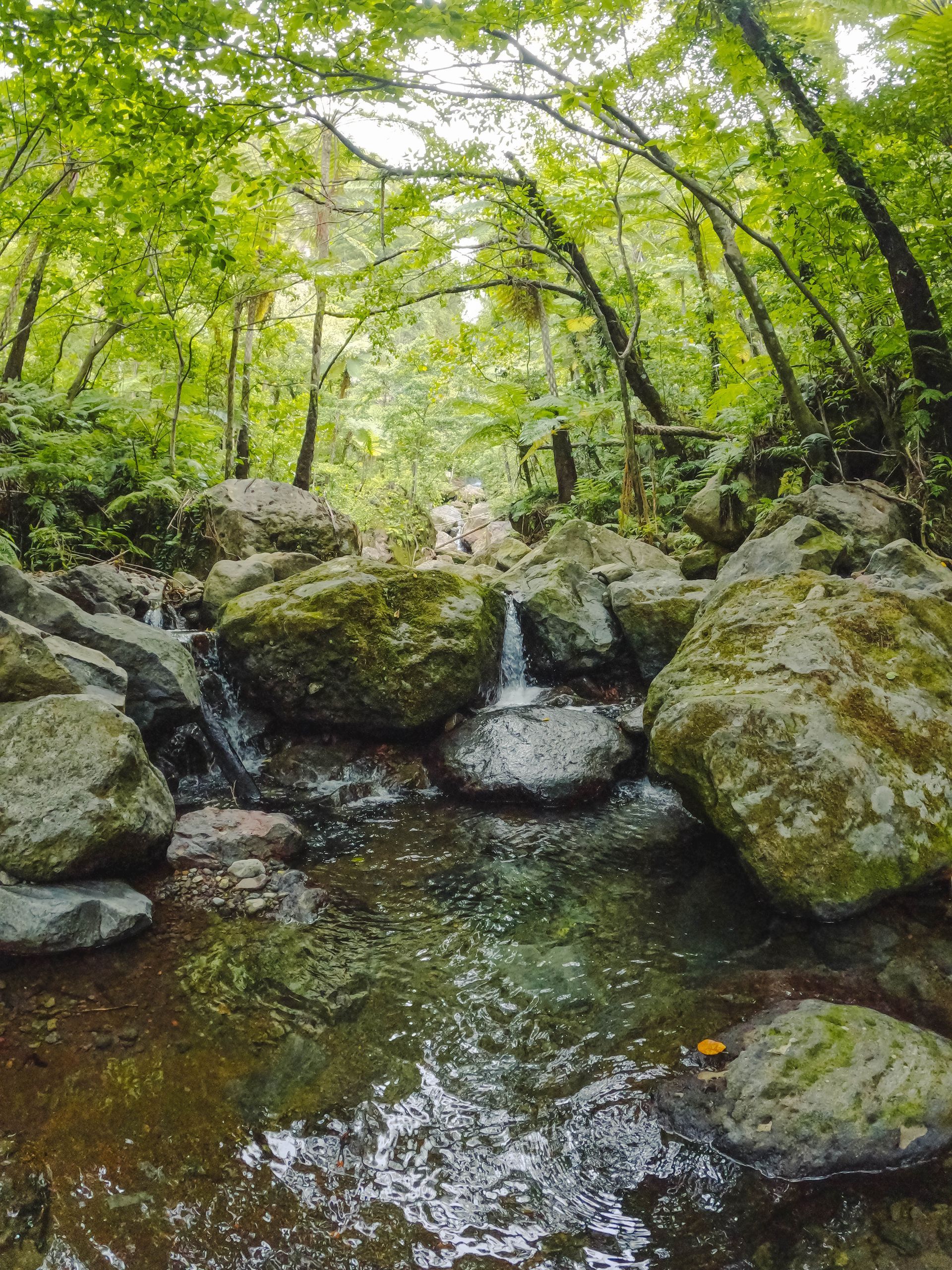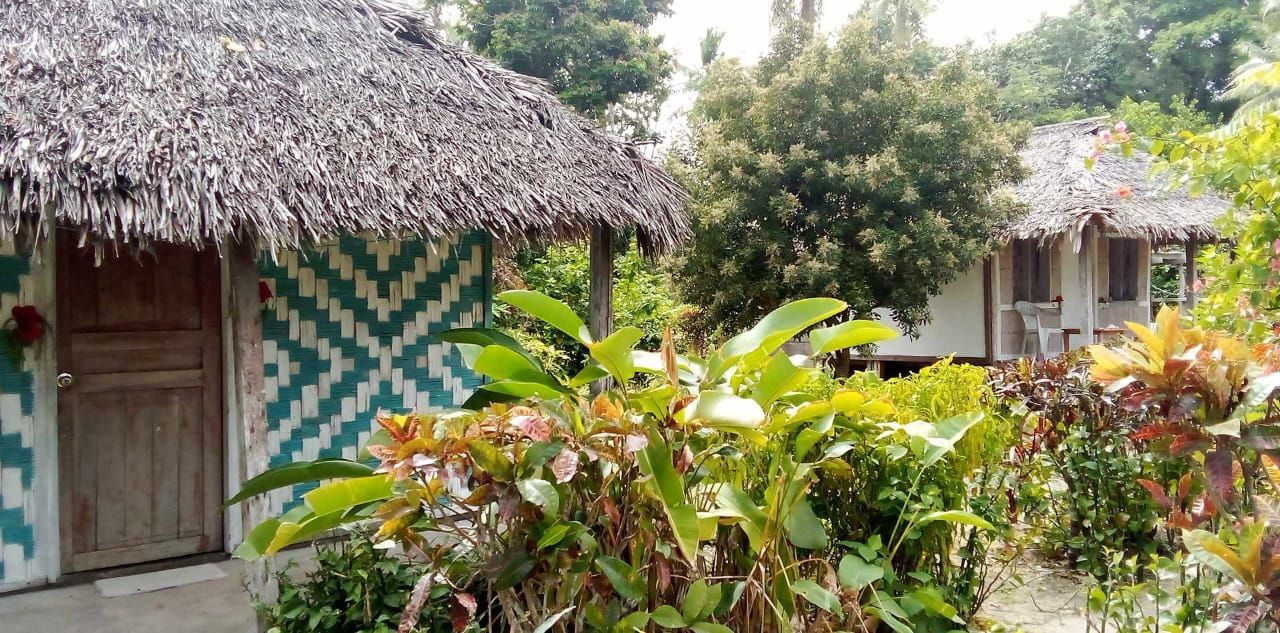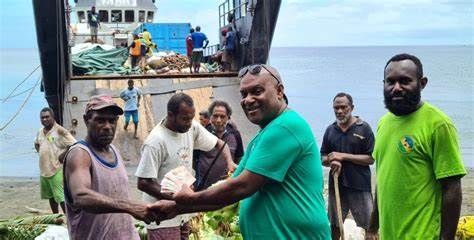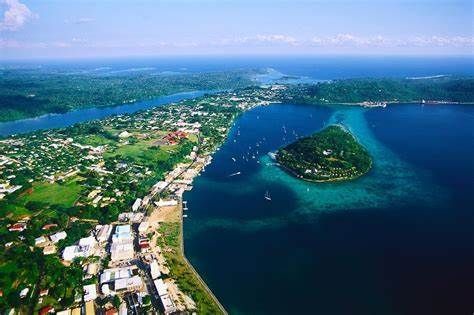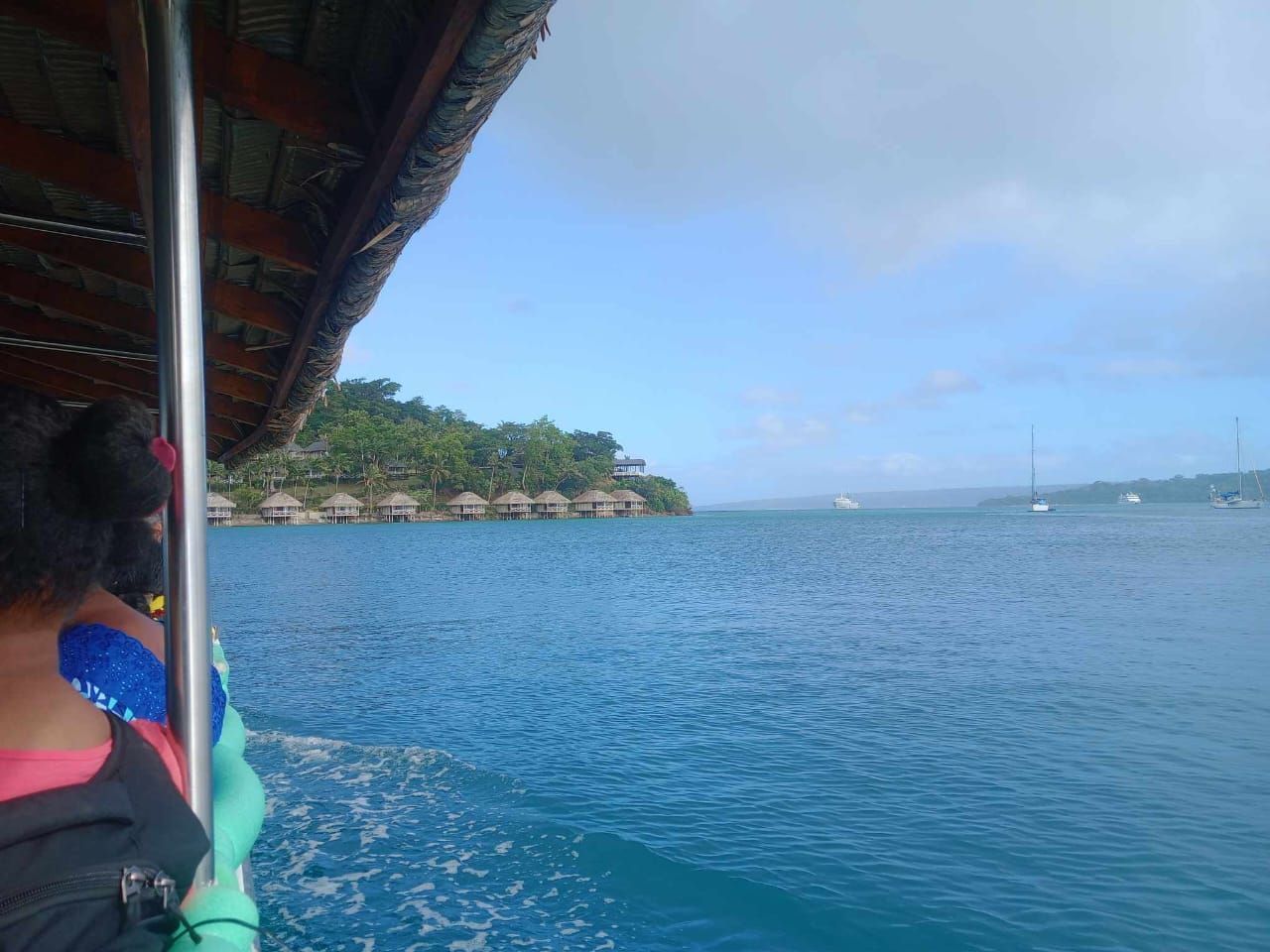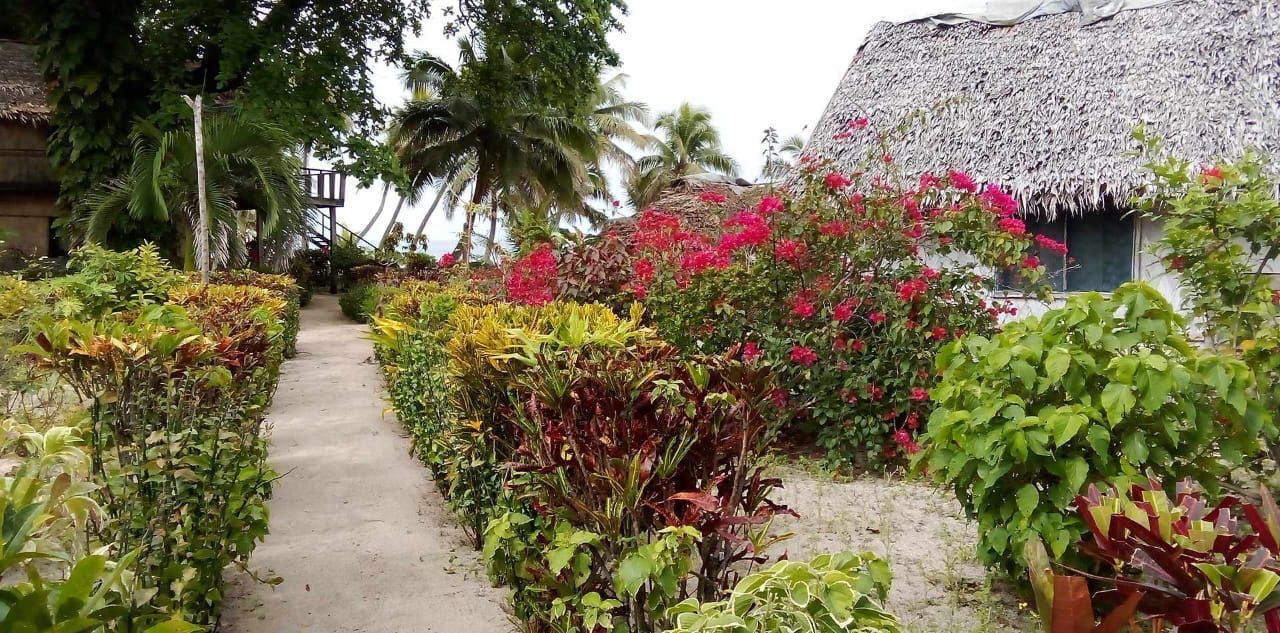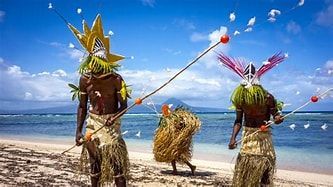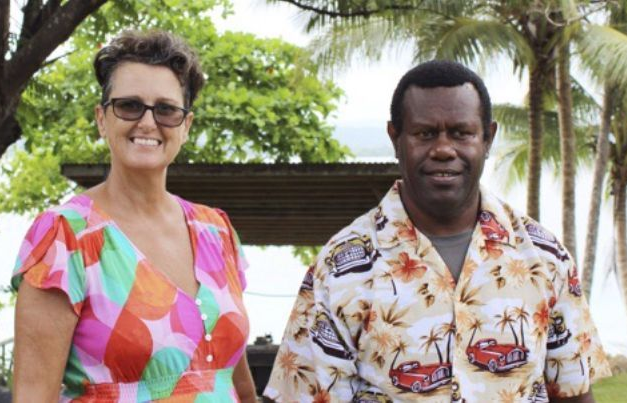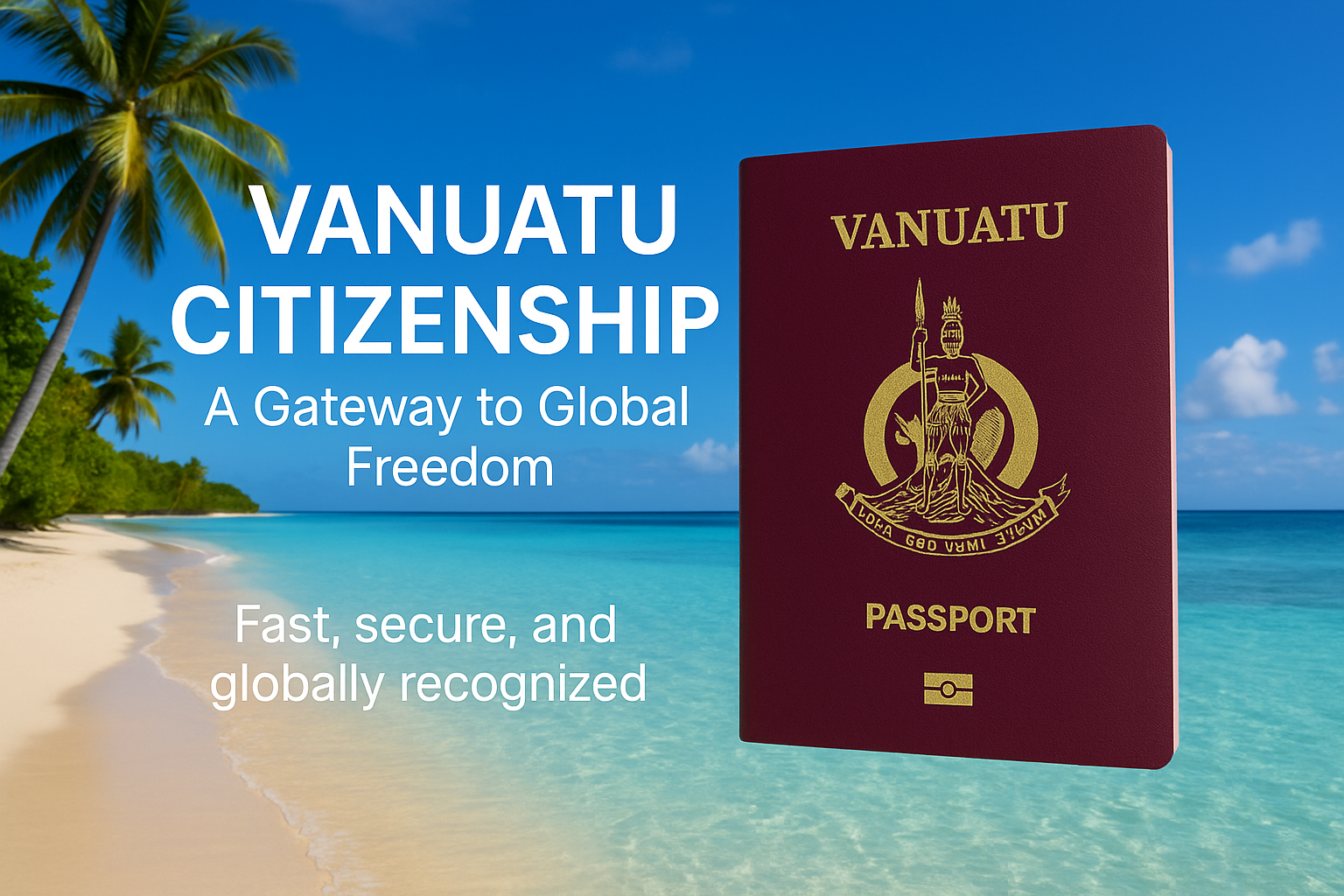
Written by Justine Murray 1st of October 2025 7 minute read
Understanding the Types of
Citizenship in Vanuatu
Vanuatu, an island nation in the South Pacific, has long attracted global attention for its pristine beaches, rich culture, and welcoming communities. Yet beyond the tourist brochures lies a fascinating—and sometimes controversial—story: Vanuatu’s evolving citizenship landscape. From traditional descent and naturalization to headline-grabbing economic citizenship programs, the nation offers multiple pathways to belonging. In 2025, those pathways are under sharper international scrutiny than ever before.
1. Traditional Citizenship
Vanuatu maintains several long-standing routes to citizenship, rooted in jus sanguinis (right of blood) and jus soli (right of the soil). In practice, this means that citizenship is closely tied to family lineage and the connection an individual has to the land itself.
Under jus sanguinis, a child automatically becomes a Ni-Vanuatu citizen if at least one parent is already a citizen, even if the child is born overseas. This approach preserves strong ancestral and cultural links, ensuring that nationality can be passed down through generations.
At the same time, jus soli recognizes the significance of being born on Vanuatu’s soil. While not all children born in Vanuatu are granted automatic citizenship, this principle plays an important role in certain cases—such as when a child might otherwise be left stateless.
Together, these principles reflect the nation’s emphasis on heritage, identity, and belonging, making citizenship not just a legal status but a recognition of one’s roots in Vanuatu.
A. Citizenship by Birth
Anyone born in Vanuatu to at least one Vanuatu citizen automatically acquires citizenship. This safeguard ensures that children remain firmly connected to their cultural roots, regardless of where life may take them in the future. It reinforces the idea that citizenship is more than a legal document—it is a bond that preserves heritage, protects national identity, and strengthens family continuity across generations.
B. Citizenship by Descent
Children born abroad to at least one Vanuatu national can also claim citizenship by descent. This ensures that nationality is not lost through migration and allows future generations to maintain a formal link with their ancestral homeland. For many in the diaspora, it has become a meaningful way to reconnect with their roots, preserve cultural identity, and strengthen ties to Vanuatu even while living overseas.
C. Naturalization
Foreign nationals who have lived legally in Vanuatu for at least 10 years may apply for naturalization. Key requirements include:
- Continuous legal residency.
- Understanding of Bislama or local customs.
- Good character (supported by police clearance).
Spouses of Vanuatu citizens may qualify in as little as two years of residency. However, approvals remain rare fewer than 50 per year.
2. Economic Citizenship
The bulk of global attention comes from Vanuatu’s citizenship by investment programs, often referred to as “golden passports.” These initiatives allow foreign investors to acquire citizenship through financial contributions to the nation, and they have positioned Vanuatu as one of the fastest and most accessible pathways to a second passport worldwide. While controversial in some circles, these programs attract significant international interest due to their efficiency, affordability compared to similar schemes elsewhere, and the practical benefits of holding Vanuatu citizenship.
A. Development Support Program (DSP)
Launched in 2017, the DSP remains the fastest and most popular route. Applicants make a one-time contribution to the state
- USD 130,000 for a single applicant.
- USD 150,000 for a couple.
- USD 185,000 for a family of four (plus USD 10,000 per additional dependent).
Funds are directed into infrastructure, schools, and disaster recovery.
Fast Facts (2025):
- Processing time: 45–60 days.
- Dual citizenship permitted.
- No residency or language requirement.
- Visa-free access: ~83 countries (down from 130+ before the EU suspension).
B. Capital Investment Immigration Plan (CIIP)
This hybrid option blends a donation with a refundable investment. A portion (USD 50,000) is placed into a government-approved fund, redeemable after four years. A family of four typically invests ~USD 170,500.
C. Real Estate Option Program (REO)
Foreigners can buy into approved real estate projects (minimum USD 200,000) and combine this with a DSP contribution.
D. Special & Honorary Citizenship
Reserved for high-profile individuals—often philanthropists or those contributing strategically to Vanuatu.
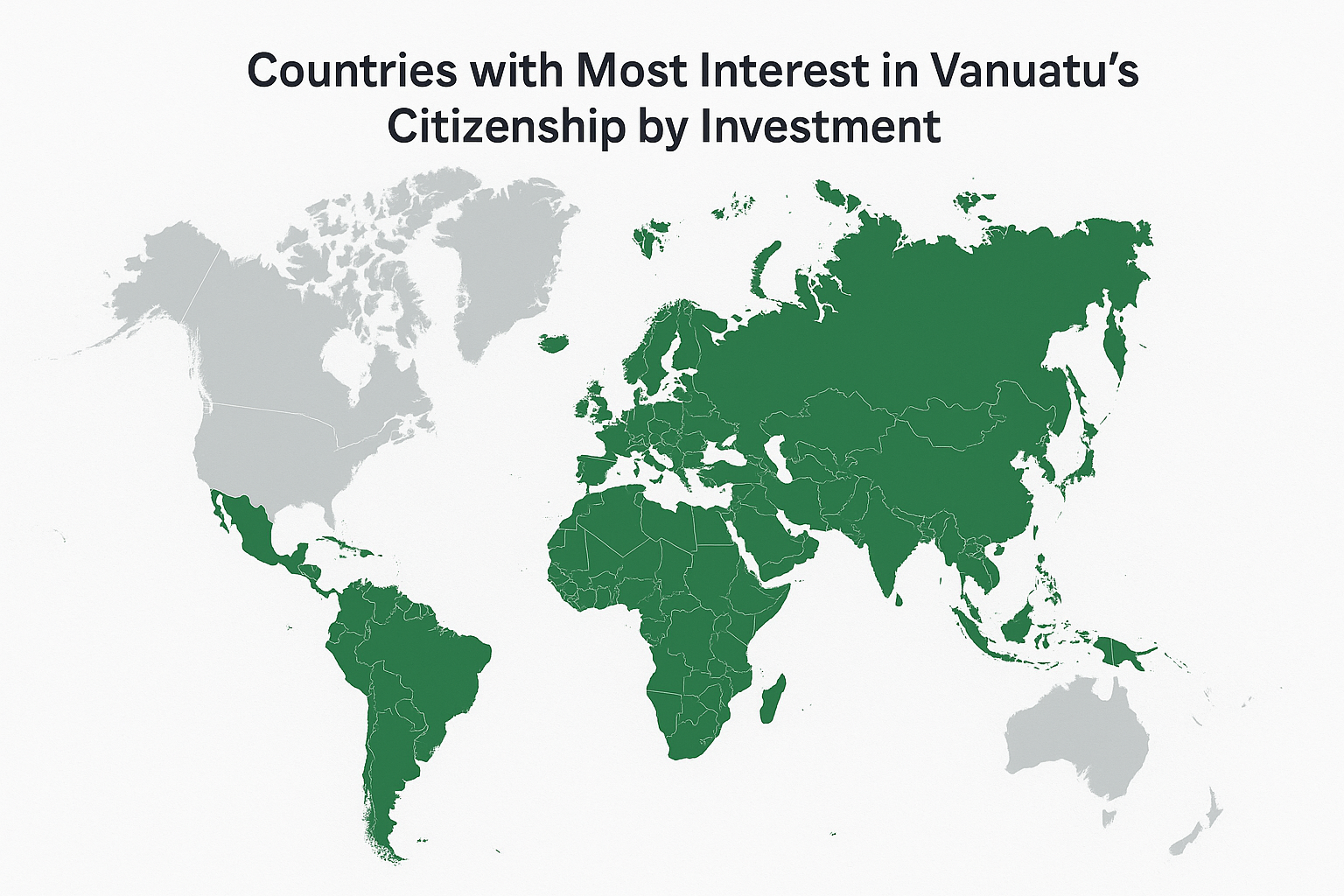
Learn about immigration to Vanuatu
Vanuatu offers unique pathways for individuals and families considering relocation. From traditional citizenship by descent to modern residency and investment options, our resources will guide you through the process step by step. Discover how to make Vanuatu your new home while staying informed about legal requirements and cultural opportunities.
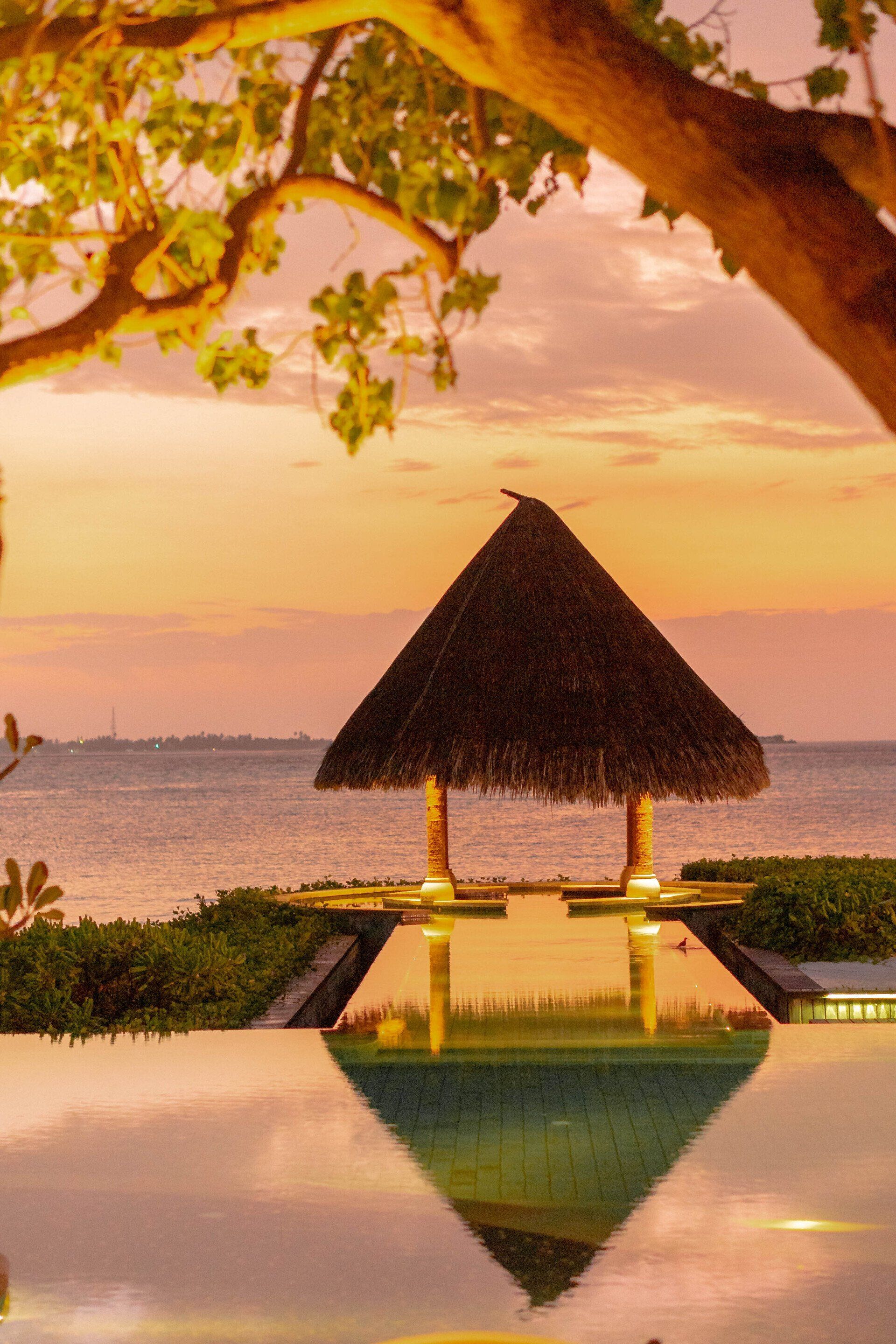
3. Numbers That Matter
Application Trends:
- 2,200+ passports issued in 2023 under DSP.
- 1,800 in 2024, reflecting fallout from the EU’s visa-free suspension.
Revenue Impact:
- USD 130+ million raised in 2023 from DSP + CIIP.
- At times, citizenship income has accounted for 30%+ of the national budget.
Processing Times Compared:
- Vanuatu: 2–3 months.
- Dominica/St. Lucia: 4–6 months.
- Malta: 12–18 months.
Global Mobility Index (2025):
- Rank: 74th worldwide out of 150 nations worldwide in the 2025 Global Mobility Index.
- Visa-free/VOA: 83 countries (UK, Singapore, most Commonwealth nations).
4. Shifts, Risks & Scrutiny
A. EU Visa-Free Revocation
In December 2024, the EU revoked visa-free travel for Vanuatu citizens, citing security concerns over the golden passport scheme. Overnight, access to the Schengen zone disappeared slashing the program’s marketing appeal.
B. Stricter Due Diligence
To protect credibility, Vanuatu now requires tougher source-of-funds checks and enhanced background vetting.
C. The Dual Citizenship Debate
Since 2013, dual citizenship has been legal. However, applicants via naturalization may still be asked to renounce prior nationalities unless applying under CBI rules.
D. Reputation Risks
The granting of citizenship to controversial figures (e.g., high-profile investors facing legal cases abroad) has drawn headlines, forcing the government to defend its processes.
Learn More about Vanuatu's Lifestyle
Explore everything you need to know about immigration to Vanuatu. From citizenship options to residency pathways and practical relocation advice, this section is designed to help you navigate the process with clarity and confidence
5. Human Stories Behind the Passports
“When I applied through the CIIP in 2023, the process was much faster than anything my peers went through in the Caribbean. I had my passport in hand within 7 weeks. While the EU suspension was a blow, I still use my Vanuatu citizenship for regional travel and as a tax-efficient base for my business.”
– Investor, Asia-Pacific
For others, especially those reclaiming citizenship by descent, the motivation is deeply personal returning to ancestral villages, reconnecting with land rights, and rejoining cultural life.
6. Beyond Citizenship: Residency
Not every foreigner seeks citizenship. Vanuatu also issues long-term residency permits for retirees, workers, or entrepreneurs. These do not carry voting rights but allow residence and business operations.
Who Benefits Most from Vanuatu’s Citizenship by Investment Program?
- Global Entrepreneurs and Investors – Business owners seeking quick access to international markets and simplified global mobility.
- Frequent Travelers – Professionals who want visa-free or visa-on-arrival entry to 90+ countries, including the UK, Hong Kong, and Singapore.
- Families Seeking Stability – Parents securing a second citizenship to protect their children’s future, with access to international education and healthcare.
- Wealth Managers & Tax-Conscious Individuals – High-net-worth applicants who value Vanuatu’s tax advantages, including no income, inheritance, or capital gains tax.
- Lifestyle Buyers & Retirees – Those looking for a tropical base, a peaceful environment, and a backup residency option in the Pacific.
Countries Where Interest is Strongest
- China & Hong Kong – Demand for greater global mobility and financial security.
- Middle East (UAE, Saudi Arabia, Qatar) – Families and investors looking for a second citizenship with tax and lifestyle benefits.
- Russia & Eastern Europe – Applicants seeking visa flexibility due to travel restrictions and political challenges.
- South Asia (India, Pakistan, Bangladesh) – Business owners aiming for international opportunities and easier global travel.
- Africa (Nigeria, South Africa) – High-net-worth individuals seeking access to stable offshore solutions and travel benefits.
- Western expats in Australia & New Zealand – Diaspora and entrepreneurs using it as a strategic Plan B for regional ties.
Frequently asked questions about Vanuatu citizenship
Q: What is Vanuatu’s Citizenship by Investment program?
Q: What is Vanuatu’s Citizenship by Investment program?
A: It’s a government-approved initiative where foreign nationals can acquire Vanuatu citizenship by making a qualifying financial contribution to the country.
Q: Why is it sometimes called a “golden passport”?
Q: Why is it sometimes called a “golden passport”?
A: The term reflects the fact that investors are effectively purchasing the benefits of citizenship—such as visa-free travel, business opportunities, and security for their families.
Q: How long does the process take?
Q: How long does the process take?
A: Vanuatu is known for its speed. In many cases, the entire application can be completed in as little as 60 days, making it one of the fastest programs in the world.
Q: How does it compare to other countries’ programs?
Q: How does it compare to other countries’ programs?
A: Vanuatu’s scheme is often more affordable and faster to process than similar programs in the Caribbean or Europe, which is why it draws significant attention from international applicants.
Conclusion
Vanuatu offers more than a tropical escape—it has crafted one of the most varied citizenship systems in the Pacific. From heritage-based entitlements to headline-grabbing investment passports, the country’s multiple pathways reflect both tradition and modern necessity.
But the story is shifting. With EU access suspended, scrutiny tightening, and revenue stakes high, 2025 marks a turning point. For investors, families of Vanuatu descent, and policymakers alike, the question isn’t just how to become a Vanuatu citizen—but what that citizenship will mean in the years ahead.

